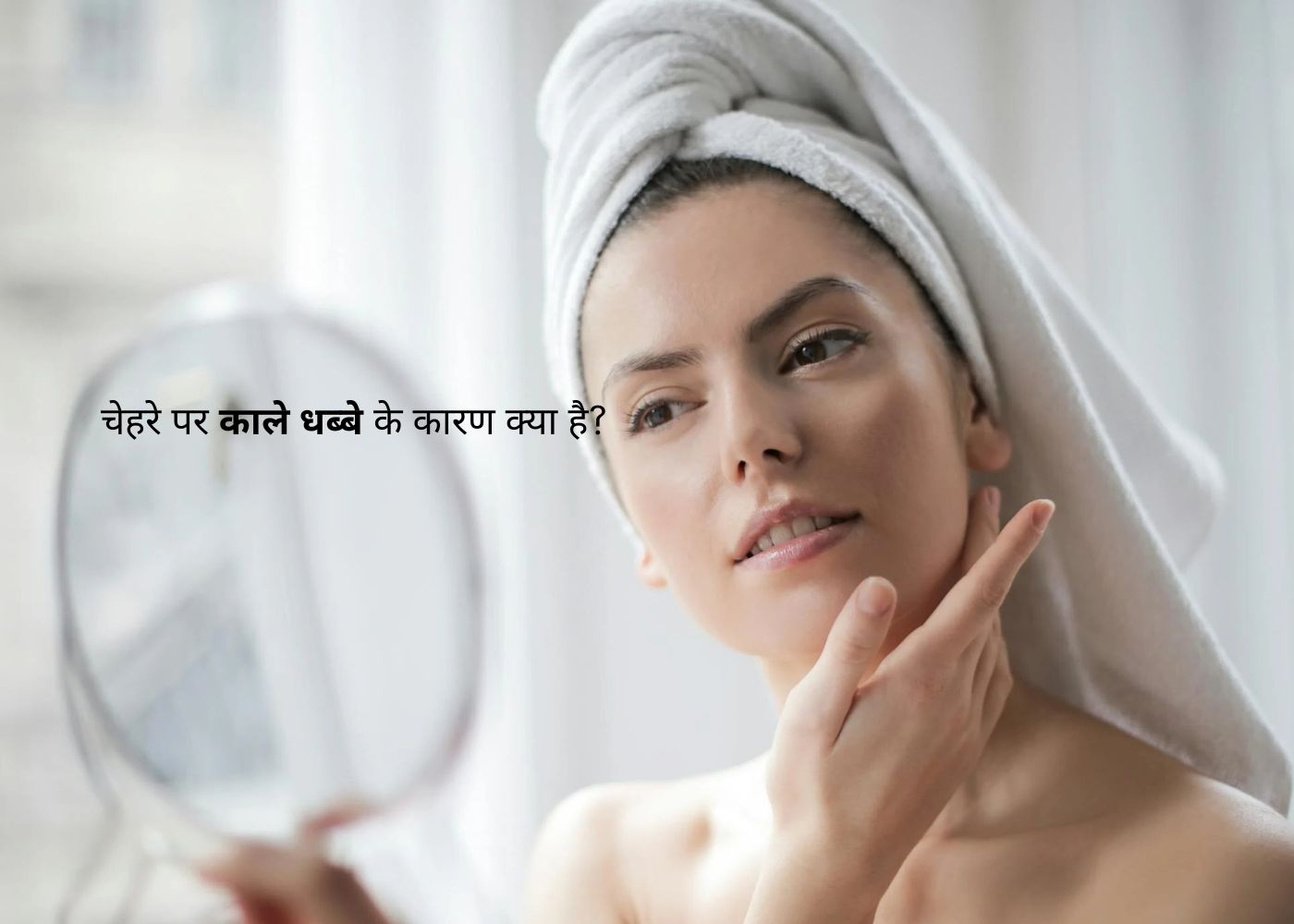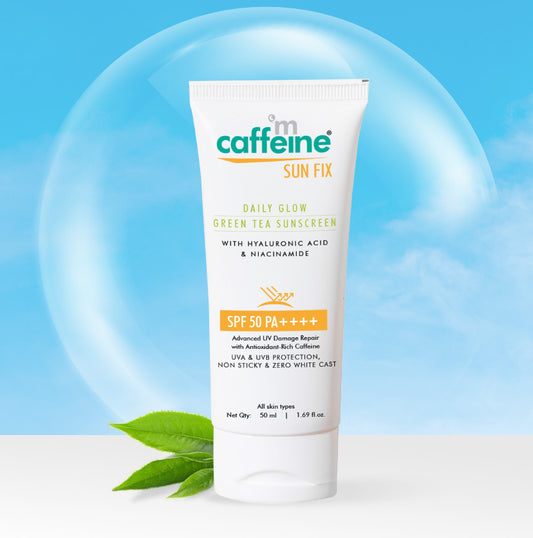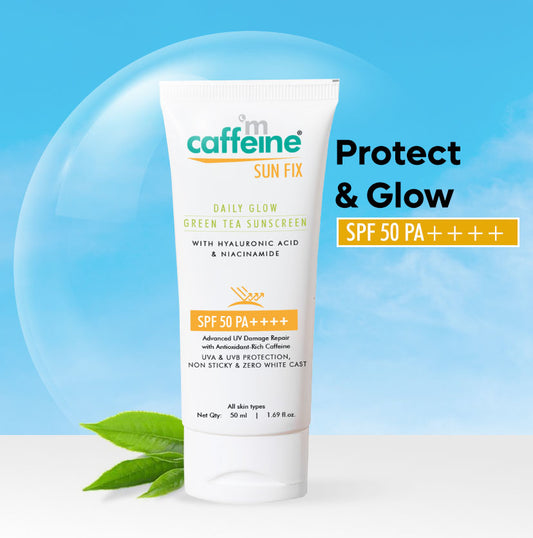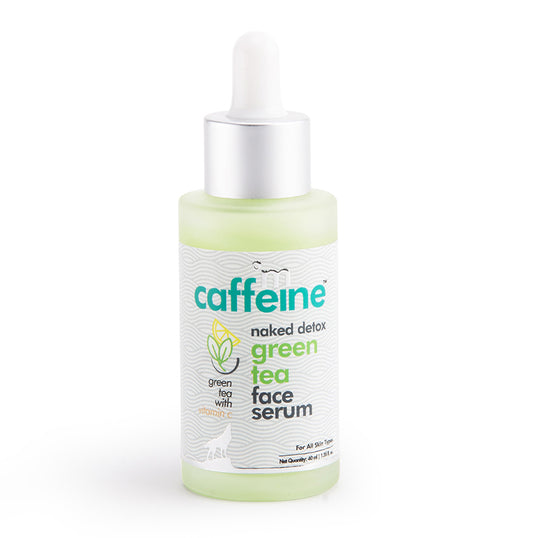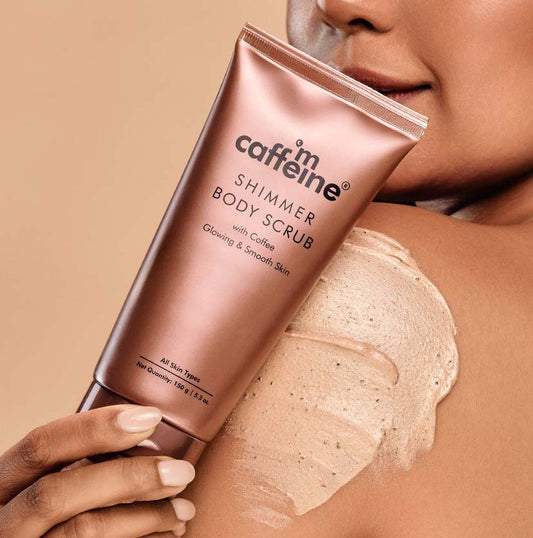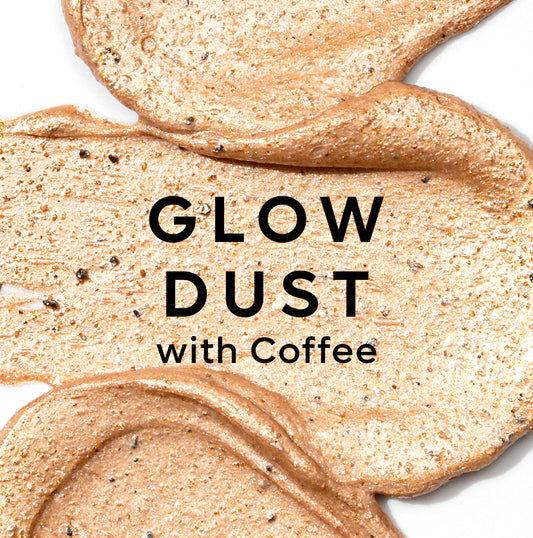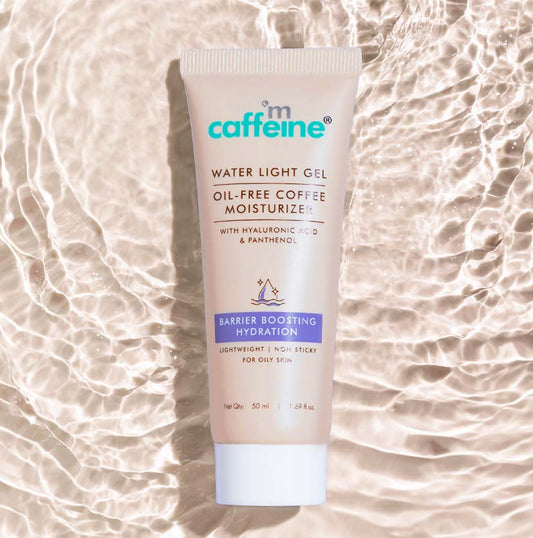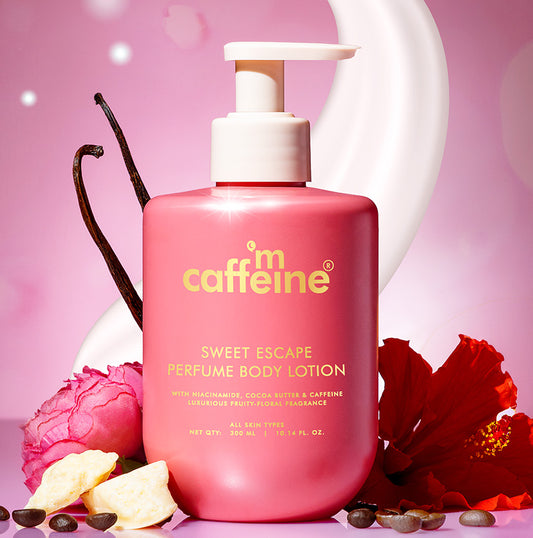What is the difference between moisturizer and body lotion?
20 Sep 2021
What Is a Moisturizer?
A moisturizer is a skincare product designed to hydrate, protect, and strengthen the skin’s natural barrier. It works by combining three core ingredients:
-
Humectants (e.g., hyaluronic acid, glycerin): Attract moisture from the environment into the skin.
-
Emollients (e.g., shea butter, ceramides): Smooth rough skin cells and fill gaps in the skin’s surface.
-
Occlusives (e.g., beeswax, oils): Form a protective layer to lock in hydration.
Moisturizers come in various forms—creams, balms, gels, or lotions—and are tailored for specific concerns like dryness, sensitivity, or aging. Facial moisturizers, for example, often include antioxidants or SPF to address environmental damage, while body moisturizers are thicker and target rough areas like elbows and knees.
Best For: Dry, dehydrated, or flaky skin requiring intense hydration.
What Is a Body Lotion?
A body lotion is a type of moisturizer with a lightweight, fast-absorbing formula. It’s specifically designed for the body and differs from facial moisturizers in three key ways:
-
Higher water content: Makes it lighter and less greasy.
-
Lower oil concentration: Ideal for daily use or humid climates.
-
Added fragrances/vitamins: Enhances sensory appeal and addresses body-specific needs like uneven texture.
Body lotions prioritize ease of application and are less likely to clog pores, making them suitable for normal to slightly dry skin. However, they lack the heavy-duty occlusives needed for severe dryness.
Moisturizer vs. Body Lotion: 5 Critical Differences
|
Factor |
Moisturizer |
Body Lotion |
|
Texture |
Thicker (creams/balms) |
Lightweight, watery |
|
Hydration |
Intense, long-lasting |
Lightweight, short-term |
|
Oil Content |
Higher (greasier feel) |
Lower (non-greasy) |
|
Skin Type |
Dry, sensitive, or mature skin |
Normal, oily, or combination skin |
|
Usage Area |
Face and body (targeted areas) |
Body only (full coverage) |
Best For: Everyday hydration, summer use, or normal skin types.
Lotions, creams, moisturizers, serums, oils...the list is endless. The aim of all these products is to hydrate and nourish your skin, no doubt, but which one should you pick?
Moisturization can be tough. Especially if you don’t have a PhD. in skin hydration. Just kidding, there’s no need to worry. We’re here to break it down and tell you in layman’s language what works best!
Is body lotion and moisturizer the same?
Well, the answer is yes, and no. Moisturizer broadly means a product that aims to add moisture to your skin. It’s a spectrum that goes from lightweight products such as water-based lotions to intense hydration products like thick creams.
A basic difference between a lotion and a moisturiser is that the former is lightweight, easier to absorb and a little lower on the hydration scale. Moisturizers on the contrary - thick, provide intense hydration, and sometimes a little greasy. The water content of lotions is a bit more as compared to moisturizers. If you’re looking for everyday hydration - something to slather on while you’re on the go and want to keep your skin protected, go for a lotion.
Tips for choosing a body lotion?
Knowing your skin is the first step in choosing the correct body lotion. Depending on your age, skin type and skin issues, you can go in for a product that meets all your needs!
Dry Skin -
If you’re someone who struggles with dry skin, select a product that’s heavy on hydration, and has ingredients like shea butter, petroleum jelly or hyaluronic acid. A good pick to quench your skin’s thirst is the Rich Choco Body Lotion - a one-stop solution to fix all your dry skin issues, and it smells heavenly!
Normal/Combination Skin -
You’re lucky if your skin falls under the ‘normal’ category, but don’t think you can skip out on moisturizer. You may use a lightweight product to keep your skin looking fresh and hydrated. We suggest using this Coffee Body Lotion. It’s a gel-based lotion that keeps your skin supple and fresh.
Oily Skin -
People often think that oily skin doesn’t need to be moisturized, but that isn’t the case. Sometimes under-hydration forces the body to produce more sebum(oil) which makes the skin oily. Proper moisturization can actually prevent that from happening by keeping the sebum production in check. A great choice for oily skin is this Green Tea Gel Lotion, it’s ideal for a non-greasy, hydrated finish.
When it comes to moisturization, if you don’t do it right, it doesn’t do much for you either. To help you out a bit we’ll share our top five tips.
#1 Exfoliation is key
Unsurprisingly, exfoliation is at the top of the list. It can best be described as the process of removing dead skin cells and impurities from the topmost layer of the skin to reveal fresh and radiant skin. You can use a chemical exfoliant or a physical scrub as an exfoliator. Exfoliating ensures that the moisturizing product is able to seep into the deepest layers of the skin, making it more effective and nourishing. You can check out these Coffee Exfoliation products.
#2 Make SPF your BFF
Pay attention to how your skin reacts to its environment. Sun exposure can further dehydrate the skin, causing it to lose moisture. Our skin needs to be protected from the sun’s harsh UV rays. Sunscreen is your only bet if you want to keep fine lines, wrinkles and dark spots at bay. Remember to apply two fingers worth of sunscreen, about 15 to 20 minutes before heading out, your skin will thank you!
#3 Keep your showers short
Scalding 45-minute showers feel amazing, but sadly don’t bode well for our skin. Bathing too often or with extremely hot water strips the skin of its natural oil, leaving it dry, and irritated. A lukewarm (or cold) 10-minute shower is recommended once or twice a day. Extra brownie points for water conservation too.
#4 Good old H2O
A well-hydrated body paves the way to glowing skin. Water is a key ingredient when it comes to the skin’s elasticity. Which means a dehydrated body is more prone to the appearance of wrinkles and fine lines. By increasing your water intake to 2-3 litres a day you can flush out any harmful toxins and keep your skin radiant.
#5 Hydration can also be homemade
You don’t always have to visit the salon to give your skin a quick assist! You can indulge in a nourishing and moisture intense DIY face mask all from the comfort of your home.
Here’s what you’ll need to make our much-loved face pack: Aloe vera, honey and cucumber
- Blend a few slices of cucumber until they form a watery paste.
- Add a spoonful each of aloe vera gel and honey. Mix until smooth.
- Apply this mask to your face for 20-30 mins and wash off with lukewarm water. Remember to moisturize afterwards, your skin should feel refreshed and rejuvenated!
That’s all folks. It’s time to put this knowledge to use. Try these tips in your daily life to keep your skin looking super fresh and dazzling. Remember to patch test any new product, and discontinue use if you experience any irritated skin or inflammation.
Happy hydration!
FAQ
Q1: How often should I apply moisturizer or body lotion?
A: Apply moisturizer or body lotion at least once daily, preferably after showering or bathing when your skin is still damp. For extremely dry skin, you may need to apply twice daily or as needed.
Q2: Can I use face moisturizer on my body?
A: While it's possible, face moisturizers are typically more expensive and formulated for delicate facial skin. Body lotions are more cost-effective and better suited for larger areas of skin on your body.
Q3: How do I choose the right moisturizer or body lotion for sensitive skin?
A: For sensitive skin, look for products that are:
- Fragrance-free
- Hypoallergenic
- Free from common irritants like alcohol and parabens
- Containing soothing ingredients like aloe vera or chamomile
Q4: What's the best way to apply body lotion for maximum absorption?
A: Follow these steps for optimal absorption:
- Apply immediately after bathing while skin is still damp
- Use gentle, circular motions to massage the lotion into your skin
- Pay extra attention to dry areas like elbows, knees, and feet
- Allow the lotion to absorb fully before dressing
Q5: Are natural oils a good alternative to commercial moisturizers and body lotions?
A: Natural oils can be effective alternatives to commercial products. Coconut oil, jojoba oil, and argan oil are popular choices that provide deep hydration and nourishment for the skin. However, some people may find them too heavy or comedogenic.
Q6: Which is better - body lotion or moisturizer?
A: Your skin's needs determine what works best. Body lotions serve as lightweight daily hydrators, absorbing quickly without any heavy feeling. Moisturizers pack more hydrating power, making them perfect for dry skin and cold weather. Consider lotions for daily maintenance and moisturizers for intensive care.
Q7: Are moisturizer and body lotion the same?
A: Though both hydrate skin, each product serves a unique purpose. Body lotions feature higher water content, creating a light, quick-absorbing formula for daily use. Moisturizers offer a thicker, more concentrated formula that provides intense hydration and longer-lasting effects. Your choice should align with your skin's needs and personal comfort.
